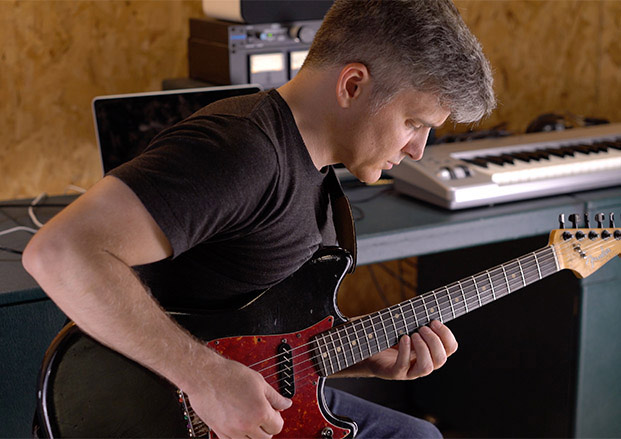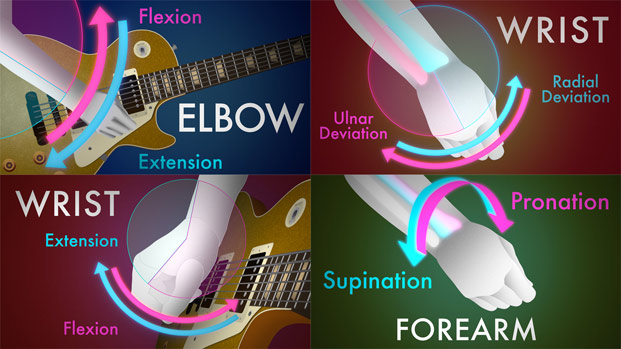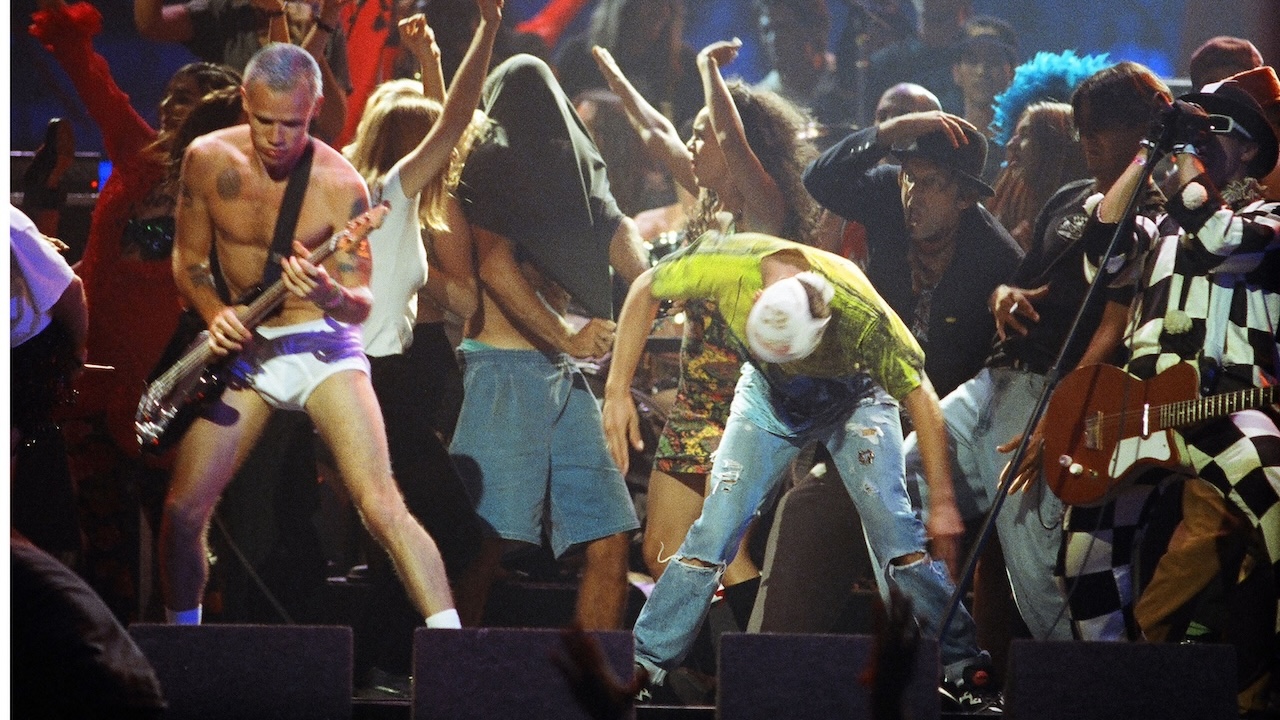What's Your Maximum Picking Speed? Take the Poll!
All the latest guitar news, interviews, lessons, reviews, deals and more, direct to your inbox!
You are now subscribed
Your newsletter sign-up was successful

As you might imagine, here at Cracking the Code, we receive all manner of exasperated SOS calls from viewers about picking technique. One the most common is an age-old guitarist lament: Why can't I play fast?
Sometimes these requests are accompanied by humble-sounding metronome markings, like 100 beats per minute, supposedly representing the absolute fastest a particular guitarist can play, even after years of herculean struggle.
Our reaction to these entreaties is always perplexed. There is no way a dedicated student of guitar could possibly top out at 100 beats per minute sixteenth notes. That just seems... too slow. Or is it?
How Fast Is Fast?
What do we mean by "fast" picking speed, anyway? One way to think of this involves a hypothetical experiment. If you selected 1,000 guitarists at random, and asked them to pick as fast as they can, what would the most common maximum speed turn out to be? In the parlance of grade school mathematics, this type of measurement is what we'd call the "mode": the most commonly recurring value among a group of values. And it probably most closely describes how we think of the term "average" as it relates to performance abilities. In other words, the mode is the level of performance we are most likely to find if we randomly select someone from a group.
But that's not the whole picture. What we'd also like to know is how common or rare it might be to find performance levels which are *different* from the norm. In our hypothetical example, how many of these 1,000 players would be able to play much faster than the mode? And at the other extreme, how many of them would fail to reach it? In other words, what does the distribution of average picking speeds look like around this central point?
If you're a guitar teacher, you might already have a general sense of this distribution based on all the players you've worked with. Or maybe you haven't thought about it that specifically. But considering how much time we've all spent trying to make our guitar skills fluid and musical at different tempos, this seems like such a basic question that we should really have a simple, straightforward answer for it in actual, hard numbers.
Taking the Poll
Well, let's get one! Leveraging the vastness of the internet, we've set up a page at Troygrady.com with a simple, two-question survey:
All the latest guitar news, interviews, lessons, reviews, deals and more, direct to your inbox!
1. What is your maximum picking speed in beats per minute, sixteenth notes?
2. What method do you use to achieve it?
The first question is straightforward enough. If you set your metronome at a particular value, and play four notes per click, that value is the number you'd enter into the poll. One subtlety: if you measure your speed using an exercise or phrase that is not sixteenth notes, you'll have to convert its tempo value to sixteenths for the purpose of this survey. For example, to convert a sixteenth-note triplet phrase to straight sixteenths, simply multiply your metronome marking by 1.5. A sixteenth note triplet phrase at a tempo of 120 beats per minute is equivalent in picking speed to a sixteenth-note phrase at 180 beats per minute (120 * 1.5 = 180).
The second question references a topic we've addressed before: picking motion mechanics. In other words, which system do you use for moving the pick back and forth? Common choices include elbow flexion and extension, forearm rotation, wrist deviation and finger movement.

If you're unfamiliar with these terms, or you'd like a quick refresher, we've written about basic anatomical terminology for guitar picking right here in this column. So feel free to take another look at our article on Four Fundamental Guitar Playing Movements.
The Envelope, Please...
Below the poll we've inserted live charts with the results. One is a histogram of the all the responses, divided into ranges of ten beats per minute. And in the second chart, we group the results by the mean, or mathematical average, of each picking technique, so we can see if certain types of picking motions tend to be faster or slower than others. The charts update every few minutes, so you can bookmark the page and check back a little later to see what the data looks like.
So fire up your metronomes, head on over to the poll and help us learn something cool about human performance! We'll back in a future column to discuss the results.
Troy Grady is the creator of Cracking the Code, a documentary series with a unique analytical approach to understanding guitar technique. Melding archival footage, in-depth interviews, painstakingly crafted animation and custom soundtrack, it’s a pop-science investigation of an age-old mystery: Why are some players seemingly super-powered?
Troy Grady is the creator of Cracking the Code, a documentary series with a unique analytical approach to understanding guitar technique. Melding archival footage, in-depth interviews, painstakingly crafted animation and custom soundtrack, it’s a pop-science investigation of an age-old mystery: Why are some players seemingly super-powered?
